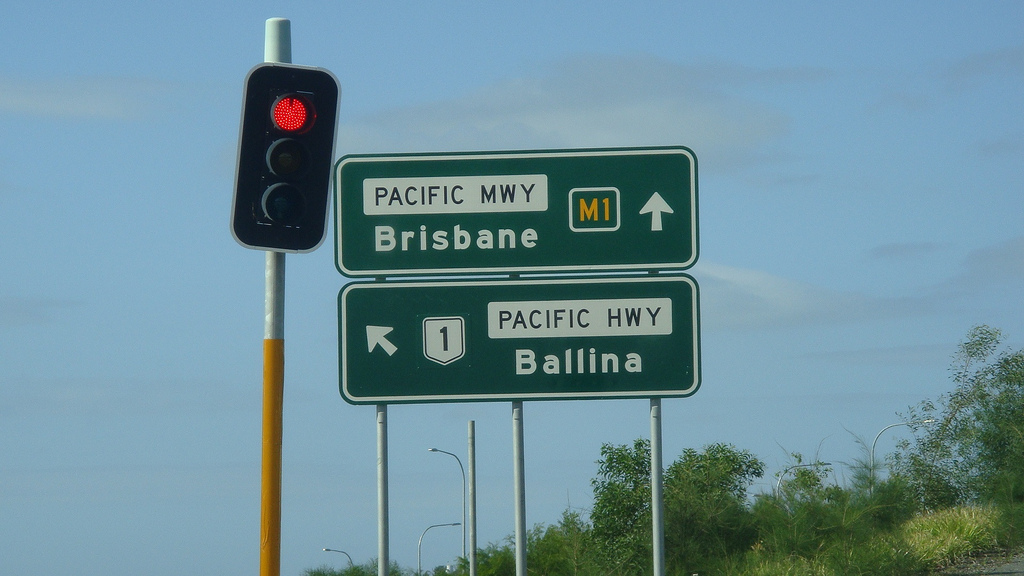Poor procurement practises cost Australian government $2.5 billion – the equivalent of a second Sydney Airport – a report has found.
The 2015 report Economic Benefits of Better Procurement Practices, commissioned by Consult Australia and written by Deloitte Access Economics, found that direct savings of 5.4 per cent with flow-on savings estimated at up to $87 million per year could be made by improving procurement.
The report said projects could be delivered and savings could be found from better government project briefs and contracts, improved delivery models, e.g. design and construct, PPPs and alliance contract, and verifying background information.
More than one-third of the companies surveyed (37 per cent) said that unclear project briefs translated into higher project costs in 12 per cent of cases. It meant that sthere was less competition as some firms were put off from bidding and some firms did not conform to the project brief.
Just over one-third of companies said they had to do extra work to verify some of the information contained in project briefs and they said it would be useful to have more information, particularly geotechnical information, environmental impact statements and relevant public sector financial data.
The report suggested changes to combat sloppy procurement including:
- Procurement teams with a mix of practical, legal and procurement skills
- Reallocating resources to focus on better specification of project objectives, including early engagement with industry, identifying end user needs and re-testing business case objectives
- Removing illogical contract clauses
- Develoing and applying limited liability guidelines to keep project costs lower
- Streamlining compliance processes to reduce bid costs
- Verifying information contained in briefs to avoid costly duplication by tenderers
- Evaluating and adapting procurement frameworks to encourage innovation, including being open to new delivery models, early market sounding options with industry and continuing to provide opportunities for unsolicited proposals
The report said that ridding the procurement process of overly onerous clauses could help by increasing industry competition, decreasing prices, better risk management, fewer delays and better quality work because firms often priced risk into their bids, didn’t bid or absorbd the costs and compromised their firm’s liability.
The report said:
“These price impacts associated with poor procurement practices for public sector infrastructure can be valued at around $239 million per annum.
“This comprises around $161 million in direct price premiums, $67 million as a result of lower competition, and inefficient bid costs of $11 million. It does not include the additional cost of design error during construction.”
Not doing these things was revealed to be costly. For example, failure to verify information contained in project briefs added around $41,800 onto each firm’s bid.
Consult CEO Megan Motto said the report findings were significant.
“They show that there’s a cost of poor procurement borne by public sector clients and taxpayers, as industry often either factors this into their bid price, or decides not to bid for work,” Ms Motto said.
“Governments across Australia are digging around the back of the couch, trying to stretch each dollar to build the infrastructure we so desperately need. This report shows that better procurement policy and practice will make each dollar go further.”
Steve Brown, partner at Deloitte Access Economics and report author said there were real potential economic benefits to be gained by improving procurement.
“Government procurement is a careful balancing act, with significant expertise required to achieve value for money in a transparent way. We have consulted with both industry and government to identify practical next steps that will help to transform this strategic area of government activity.”
Comment below to have your say on this story.
If you have a news story or tip-off, get in touch at editorial@governmentnews.com.au.
Sign up to the Government News newsletter
One thought on “Poor procurement practices cost $2.5 billion”
Leave a comment:
Most read
Scathing report finds little has changed at PwC
Qld council welcomes progress on massive battery system
Inquiry to consider how federal govt can address councils’ sustainability issues
‘Local’ procurement turns out not to be so local, committee hears
Another report finds local government falling down on cyber security




That’s one huge amount of money and when considered in the context of a new airport for Sydney makes it all the more alarming.
Can this topic, however, be extended to how Procurement may holistically be treated or recognised by Australia SMEs. I’ve attended exhibitions and seminars when company owners or CEOs pontificate about deploying graduate hiring programs, that is exactly what to do. I’ve become somewhat dismayed, though, when learning that these programs cover engineering or technical ones, with scant or none at all reference to procurement graduates. Procurement still can tend to be a cinderella profession even though there are now Masters taught degrees and more recently CIPS launched (or about to launch) Chartered Procurement Practitioner) status to those professionals who treat Procurement very seriously and have embarked on a CPD route to maintain their status.
Bottom line: what is being done by Australia to promote Procurement as (possibly) the most crucial function within a business (public plus private) and best placed to assist Australia Pty Ltd to regain competitive status versus its competitors and optimise company and governmental spend.
Poor procurement processes is an oft banged drum or whinge. What are you going to do about it?